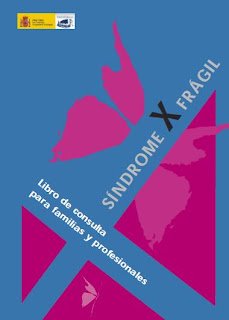Wednesday's blog post talked about the role of children's trusts in coordinating services, so perhaps it's timely that this week the Government has chosen to issue some updated guidance on information sharing which is aimed at practitioners who work in health, education, or social care. The various booklets which have been released cover such topics as data protection, staying on the right side of the law, and ethical decision-making.
The central document is entitled Information Sharing: Guidance for Practitioners and Managers, and supersedes the previous advice issued by the Government in this area. There is also a shorter Pocket Guide version available, as well as a collection of case examples, and some further guidance on legal issues.
Automobiles / Cars / Auto Parts
Food and Related Products
Accounting and Auditing
Employment & Work
Mining and Drilling
Clothes & Shoes
Alternative treatment
Construction and Maintenance
Business Services
Personal Finance
Reproductive Health
Retail Trade
Instruments and Supplies
Holidays / Vacations
Coupons / Discounts
Credit and Collection
Outdoor Activities
Public Health and Safety
Web Development & Web Design
Make Money Online / Website Monetization
Materials Human Resources
Fitness and Body Spirit
Food and Related Products
Accounting and Auditing
Employment & Work
Mining and Drilling
Clothes & Shoes
Alternative treatment
Construction and Maintenance
Business Services
Personal Finance
Reproductive Health
Retail Trade
Instruments and Supplies
Holidays / Vacations
Coupons / Discounts
Credit and Collection
Outdoor Activities
Public Health and Safety
Web Development & Web Design
Make Money Online / Website Monetization
Materials Human Resources
Fitness and Body Spirit
Archives
-
▼
2008
(258)
-
▼
October
(25)
- Information Sharing
- Family Support Workers
- Are We There Yet?
- Hot and Cold
- Children's Survey / Gifted Children
- BANCO DE IMAGENES PARA CAA O REALIZACIÓN DE MATERI...
- ANAMNESIS PARA DIFERENTES PATOLOGÍAS
- LIBRO: SINDROME DE X FRAGIL: MANUAL PARA PADRES Y ...
- FOLLETOS PATOLOGÍAS NEUROLOGICAS EN ESPAÑOL- NINDS
- New Child Poverty Research
- PICTOGRAMAS EN COLOR- Sergio Palao
- PICTOGRAMAS EN BLANCO Y NEGRO- Sergio Palao
- Every Child Matters article
- Children's Emotional Development and Wellbeing
- Families & Relationships
- Everything You Ever Wanted to Know About Children
- The Millennium Cohort Study
- ICT in Secondary Schools
- Quality Child Care
- Children & Young Person's Bill
- Poverty & The Media
- Round Up
- EJERCICIOS PARA MEMORIA
- Sage Journals - Special Offer
- We're in this Together!
-
▼
October
(25)








